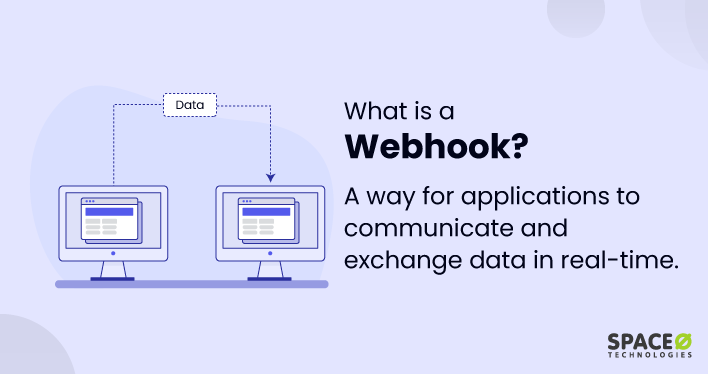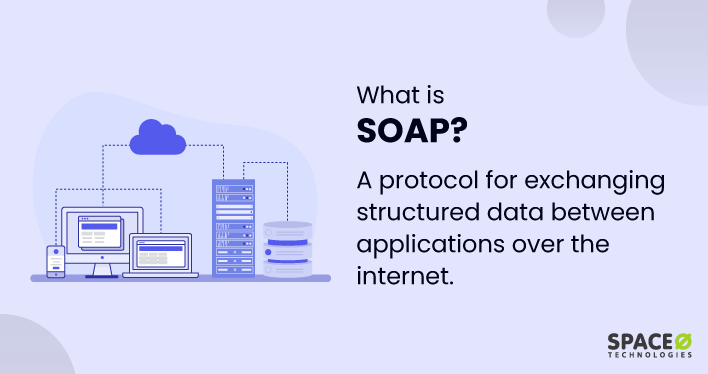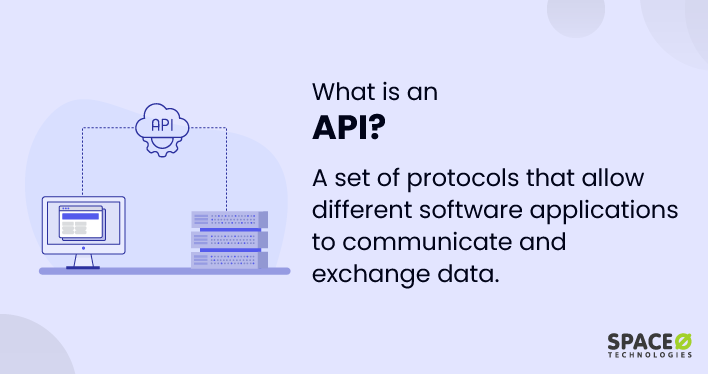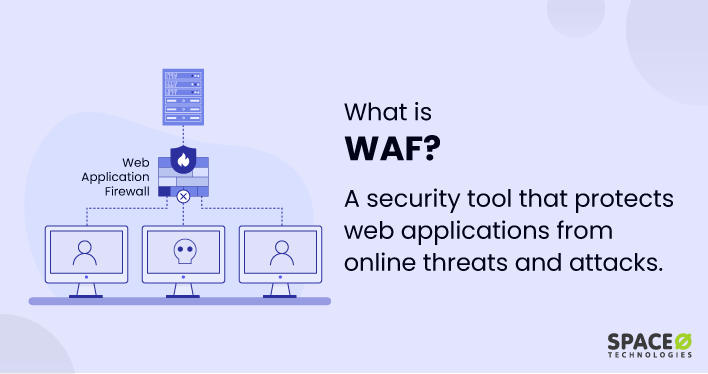Table of Contents
What is a Webhook?
A webhook is a method used in web applications where an application provides other applications with real-time information. They are essentially a way for applications to communicate with each other automatically, typically involving the sending of notifications or data between different modern web services.
Here’s a simple example:
Consider a scenario where you are using a project management application like JIRA and a team chat application like Slack. You can set up a webhook such that whenever an issue is created or updated in JIRA, a message is automatically sent to Slack. This way, your team is immediately informed of any updates without having to check the project management application constantly.
Webhooks work by delivering information to other applications as the specific event occurs within a system, meaning you get customer data immediately. They do this by sending HTTP requests, typically POST requests, to a unique URL field associated with the application that needs to receive data.
Though webhooks are quite impactful on their own, their real value becomes apparent when you consider a larger framework of web application architecture. Web application architecture lays the groundwork for how the various components of a web application – from a database to a server to a user interface – communicate and interact with one another. Webhooks serve as the communication link in this setup, promptly relaying new data between these components as needed.
To learn more about web application architecture and how webhooks fit into it, check out our complete guide on web application architecture. You’ll get a clear explanation of how everything works together, making web applications efficient and effective.
What is WebHook Used for?
Webhooks are used for a variety of purposes across many different applications. Using webhooks facilitates communication between different systems or applications in real-time.
- Real-time updates: This is probably the most common use of webhooks. They’re often used to send real-time updates between different systems. For example, you can set up a webhook to send updates from a project management system to a chat app, keeping everyone in the loop in real-time.
- Data synchronization:
Data synchronization is a vital aspect of maintaining consistency across different systems. Here, both webhooks and protocols like SOAP (Simple Object Access Protocol) have their roles.
For example, when a new user updates their profile picture in one system, a webhook, and SOAP could be triggered to update the profile picture in another system. If you are not aware of SOAP, read the definition of SOAP and learn how it works.
- Event triggering: Webhooks can trigger specific actions in another application when a certain event triggers. For instance, a payment gateway could trigger a webhook when a transaction is successful, instructing another application to fulfill the order.
- Automation: They can also help automate workflows. For example, in a continuous integration/continuous deployment (CI/CD) pipeline, a successful code check-in could trigger a webhook to initiate automated tests or deployments.
- Notifications: They can be used to send alerts or notifications. For instance, you might set up a webhook to send an email or a push notification when certain events occur.
- Third-party integrations: Webhooks provide a simple and effective way to integrate third-party services with your application. For example, you might support webhooks to integrate a customer support ticketing system with a CRM system.
Here are some common uses:
Essentially, webhooks are all about communication between different applications or systems in a real-time, automated way, without the need for manual intervention or regular polling.
What is the Importance of Webhook?
Webhooks are important for a number of reasons, primarily centering around the need for real-time communication and automation between different applications. Here are some of the reasons why webhooks are important:
- Real-time Updates: Webhooks allow applications to receive real-time updates, which is critical for many modern applications that require instant or near-instant communication.
- Efficiency: Unlike traditional application programming interface, where you have to constantly poll for changes, webhooks send data as soon as there are changes, reducing the number of unnecessary network requests and thus improving performance and efficiency.
- Automation: They enable process automation. Instead of manual intervention to pass data between different applications or trigger specific actions, webhooks can do it automatically. This can save a lot of time and also reduces the risk of human error.
- Integration: They make it easier to integrate third-party services into your application. By setting up webhooks, you can have data sent to your application as soon as it becomes available.
- Reliability: Because the data is sent automatically and immediately, there’s less risk of missing out on critical updates.
- Customization: Webhooks are often customizable, allowing developers to specify what data they want to send and when they want to send it. This level of control is useful for creating complex applications.
In summary, webhooks play a crucial role in enabling real-time, efficient, automated, and integrated web applications. They’re a fundamental part of the modern web and are used extensively in many different types of applications.
Webhooks are a vital tool in modern web development, enabling real-time, automated communication between applications, and improving efficiency and productivity. Their customizable nature and wide range of uses make them essential for delivering seamless, integrated digital experiences.







